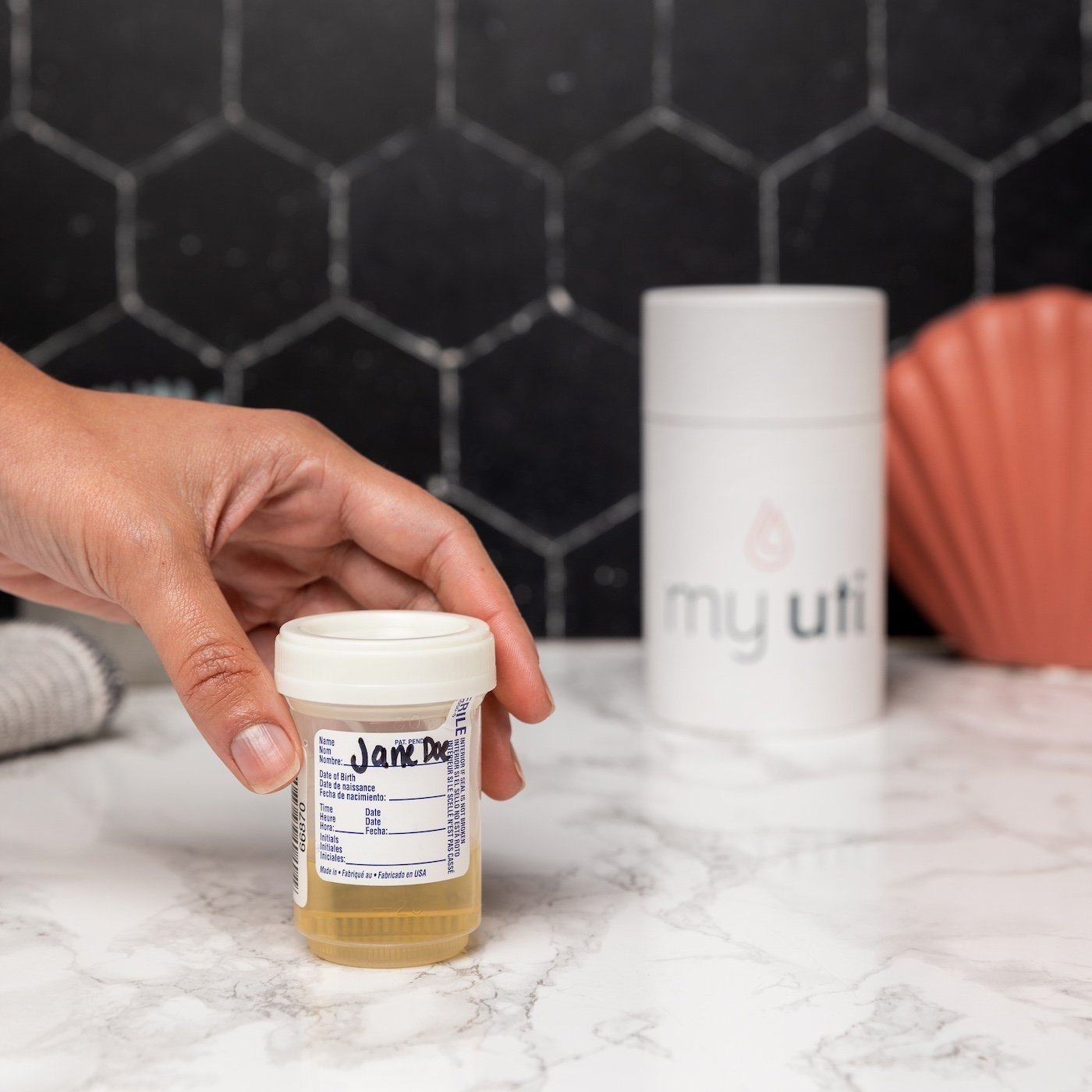Beat the burn: PCR Testing, Treatment and Antibiotic Resistance
Urinary Tract Infections (UTIs) are a common yet often uncomfortable condition, affecting millions worldwide. Characterized by a range of symptoms such as frequent urination, burning sensations, and pelvic pain, UTIs demand timely attention and care. The journey to relief begins with recognizing the signs and seeking appropriate UTI treatment to prevent complications, including those caused by antibiotic-resistant strains.
Preventing UTIs: Simple Tips to Keep in Mind
Prevention is your first line of defense against UTIs. Incorporating urinary tract infection prevention strategies into your daily routine can significantly reduce your risk. Key hygiene practices, such as not using douches or sprays and ensuring adequate hydration, are fundamental. Moreover, urinating after sexual activity can flush out potential pathogens, mitigating infection risk. Embracing these UTI prevention tips fosters a proactive approach to urinary health, sparing you the discomfort and concern associated with infections.
When Should You See a Doctor for a UTI?
Understanding UTI symptoms and knowing when to seek medical advice are crucial steps toward recovery. Symptoms like persistent need to urinate, cloudy or strong-smelling urine, and discomfort in the lower abdomen are clear indicators. Early treatment for UTI is imperative to avoid progression to more serious conditions. If you experience these symptoms, it's time to see a doctor. Modern healthcare options, including UTI telehealth services, offer convenient and timely medical consultations, ensuring that expert advice is just a video call away.
UTI Telehealth: Get Help from Home
UTI PCR Testing Delivered To Your Doorstep
Accurate and reliable answers, fast!
The advent of telehealth has revolutionized access to medical care, particularly for UTI treatment. With UTI telehealth services, patients can consult healthcare professionals from the comfort of their homes, making medical advice more accessible than ever. This is especially beneficial for those in remote areas or with mobility challenges. Telehealth services provide a seamless experience, from symptom assessment to prescription management, all while optimizing for local search to ensure you find the right care in your region.
Understanding Antibiotic Resistance in UTI
Antibiotic resistance poses a significant challenge in UTI treatment. This phenomenon occurs when bacteria evolve, becoming immune to the effects of antibiotics. The implications are serious, leading to longer infections, increased medical costs, and higher risks of complications. Addressing antibiotic resistance requires a multi-faceted approach, including patient education on the importance of completing prescribed medication courses and the development of new treatment strategies.
Why Does Antibiotic Resistance Happen?
The misuse and overuse of antibiotics are primary contributors to the development of resistance. Bacteria are highly adaptable; when exposed to antibiotics improperly, they can develop mechanisms to survive future treatments. This resistance not only complicates individual cases but also contributes to a broader public health issue, as resistant strains can spread to others.
Steps to Avoid Antibiotic Resistance
Combating antibiotic resistance begins with responsible antibiotic use. Patients should always follow their healthcare provider's instructions, ensuring they finish the entire prescribed course, even if symptoms improve. Additionally, antibiotics should only be taken when necessary and prescribed by a healthcare professional, avoiding the temptation to use leftover medications or those prescribed to others.
Taking Action: Your Path to UTI Relief
Achieving relief from a UTI and preventing future occurrences is a multi-step process that includes recognizing symptoms, consulting with a healthcare provider, and adhering to a treatment plan. Here's how you can navigate this path:
Recognize Symptoms: Stay informed about UTI symptoms and monitor your health.
Consult a Doctor: Seek medical advice promptly if you suspect a UTI, considering telehealth options for convenience.
Inquire About UTI PCR Testing: Advanced PCR testing can accurately identify the bacteria causing your infection, guiding effective treatment choices.
Adhere to Treatment Plans: Follow your prescribed treatment regimen closely, including completing all antibiotics, to ensure full recovery and reduce the risk of resistance.
To sum it all up, dealing with UTIs effectively boils down to more than just understanding symptoms, treatments, and the complexities of antibiotic resistance. It's about putting that understanding into practice by embracing preventive steps, seeking medical advice at the right time, and taking advantage of cutting-edge options like UTI PCR testing. It's about making choices that lead you toward relief and safeguard your urinary health. Remember, taking prompt action and being proactive in your healthcare decisions are your strongest strategies in managing UTIs.

